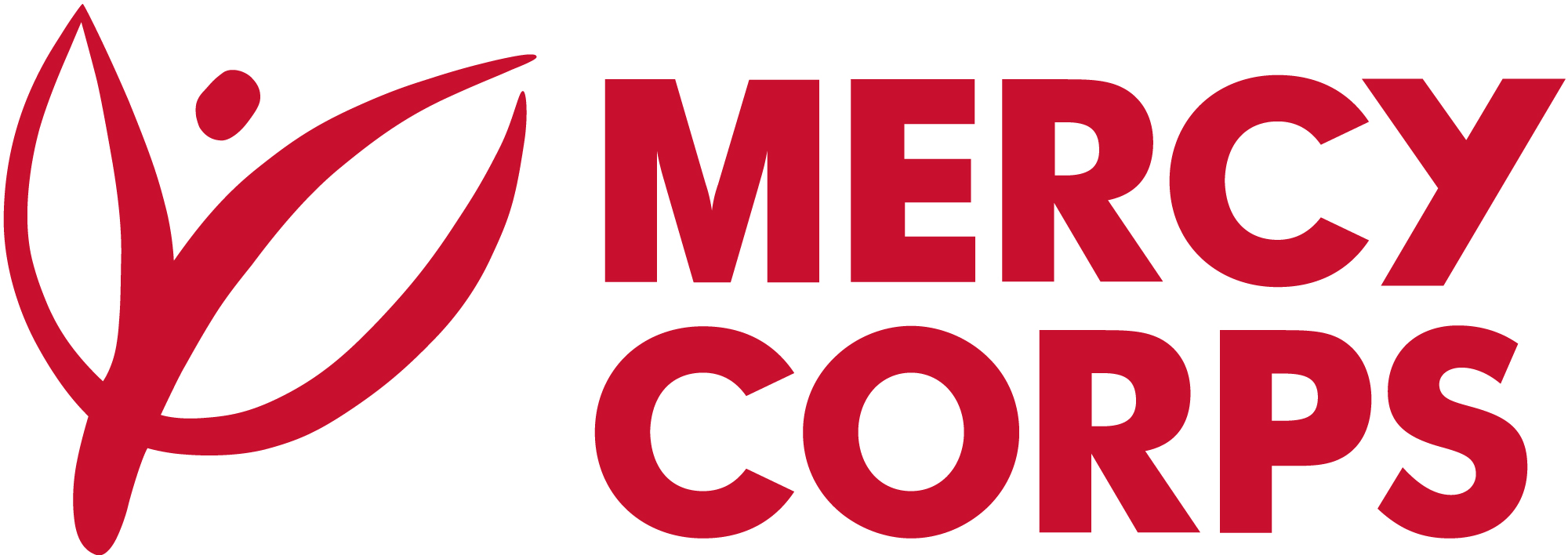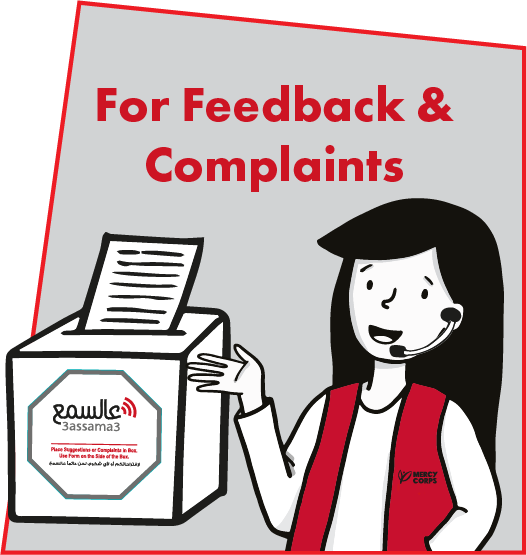
Humanitarian Response Approach
Humanitarian Response Approach
We support communities – and the most marginalized within them – to emerge from crisis in the face of conflict and climate change and build towards a more inclusive, resilient future. We deliver timely, adaptive programs that focus on the prevailing needs in a given context. To help us better respond, we use three distinctive and complementary approaches: Crisis Analytics, Cash at Scale, and Community Engagement..
In Lebanon, we focus on Crisis Analysis and Cash at Scale.
Crisis Analysis: Ever-increasing complexity and reduced humanitarian access in the places we work requires in-depth understanding of the drivers of crises, adaptation to changing dynamics, and anticipation of tomorrow’s conflict and climate related shocks. Deep analysis informs our decision making and leads to greater impact, even in the most challenging locations. Our approach is defined by context and needs, with dedicated analysis teams and processes embedded at the program level. Our unique analytical expertise, supported by the latest technology, enables us to flag emerging trends, including with predictive modeling, so our decision-makers can anticipate new shocks. In line with our commitment to be evidence-driven, our analysis drives our response to immediate needs.
Cash at Scale: We deliver best-in-class cash and voucher programming and are known for high quality delivery at scale, including in high risk and challenging contexts. Our portfolio is driven by technology and research and is grounded in principles of inclusion, accountability, and collaborative implementation. Throughout, we demonstrate best practice in implementing sound data protection approaches. At the global level, our collaborative leadership gives us an influential voice in policy and operational debates about the future of cash in our sector. We consistently link and layer high quality cash and voucher assistance with complementary programming; this supports us to achieve maximum impact and build the foundations for more systemic longer-term support. We recognize that cash can be a key leverage point to sustain markets through crises, minimize setbacks in local economies, and support households to meet their needs. Early in our response, we explore linkages with social protection systems or other economic development approaches to enable a pathway to a more sustainable recovery.
Please see our LCAT, ECHO and Gates programming for more information about our Humanitarian approach.

